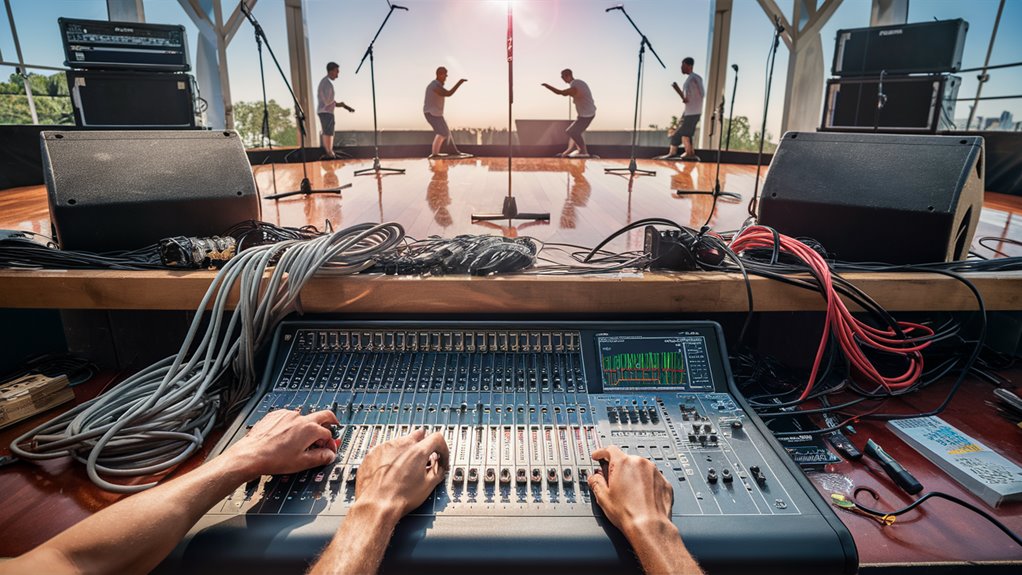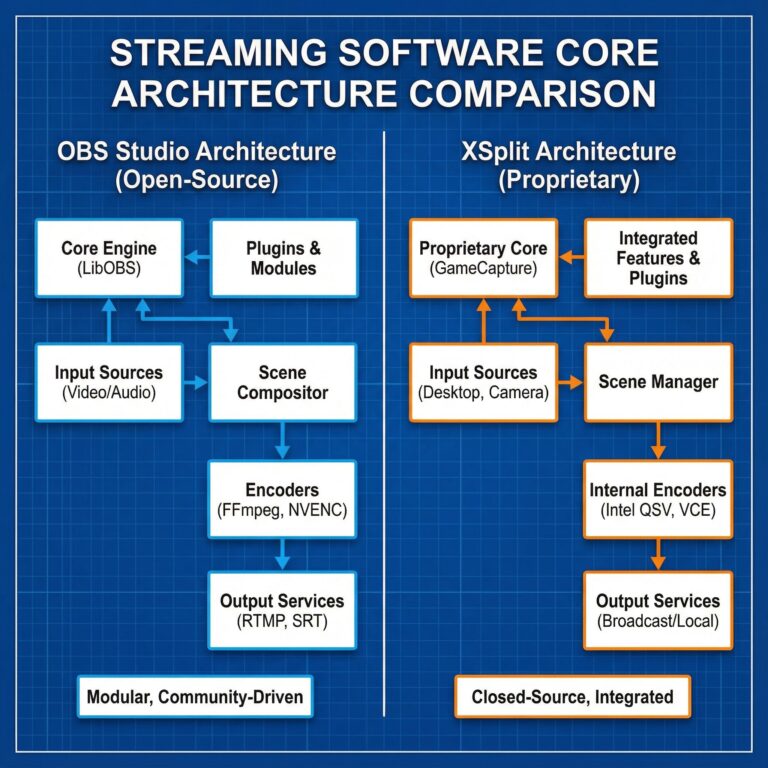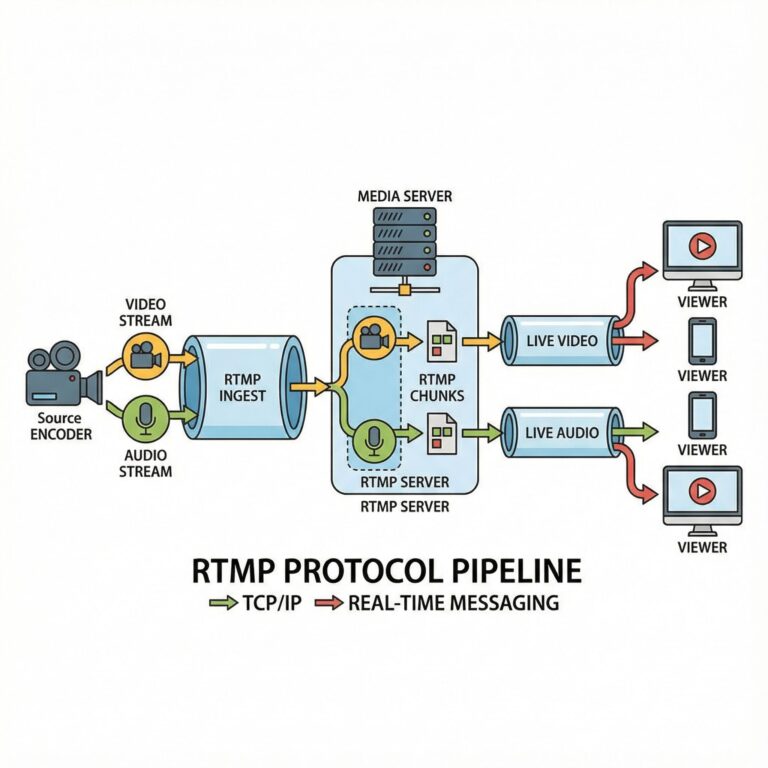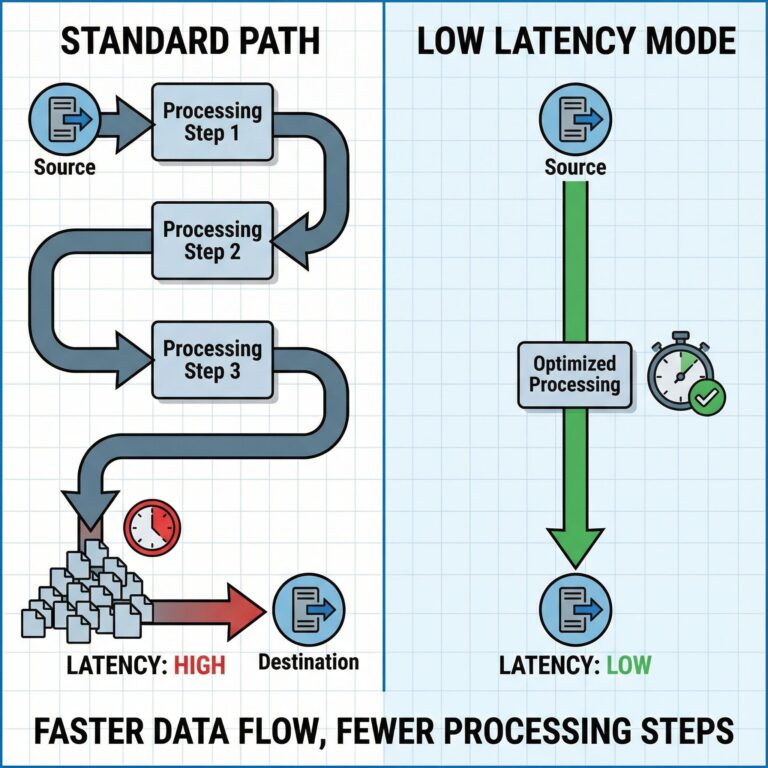Your Full Guide to Great Music Events

Plan Your Dream Event
Great music events start with a clear dream and the right place. Consider size, sound, and tech needs when selecting venues. Ensure spot choice process includes parking, access, and guest preferences.
Set-Up and Tech Needs
Good sound tech and stage lights are essential for any top show. Collaborate with skilled sound techs and light techs for optimal sound and lighting. Plan thoroughly 현지인 추천 장소 알아보기 for set-up, sound checks, and pack up.
Smart Event Marketing
Develop a comprehensive marketing plan using both online and traditional methods. Advertise on social platforms, email, and local media. Create standout promo materials and offer diverse ticketing options.
Follow the Law and Stay Safe
Obtain necessary permits and insurance prior to the event. Implement solid safety measures including emergency plans, crowd control, and medical support. Adhere to local noise ordinances and venue regulations.
Manage Artists Well
Excel in artist management by creating comprehensive schedules and addressing their needs. Develop clear show timetables for set-up, sound checks, and performances. Maintain effective communication among artists, tech teams, and staff for smooth operations.
Run the Event Well
Establish a reliable ticketing system and efficient entry processes. Train staff in crowd control and emergency protocols. Monitor the event closely to swiftly resolve any issues and ensure a high-quality experience.
Guide to Event Planning and Place Picking
Basics of Event Planning
Great event planning initiates with thorough preparation and wise venue selection, guiding all subsequent decisions.
Define a clear event vision by determining size, target audience, and music preferences.
Assemble a detailed venue checklist encompassing essentials like size, acoustics, and technical requirements.
Thoroughly Check the Venue
Proper venue checks include evaluating various factors:
- Easy access
- Adequate parking
- Public transport links
- Safety provisions
- Live music permits
- Cost-effectiveness
Tech and Movement
Assess the venue during the event timeframe to evaluate:
- Ambient lighting
- Sound quality
- Visitor flow
- Loading areas
- Backstage facilities
- Chill zones
Rules and Musts
Understand venue agreements regarding:
- Cancellation terms
- Set-up timing
- Noise level restrictions
- Allowed noise periods
- Insurance obligations
- Safety protocols
Acknowledge all expenses including:
- Rent
- Deposits
- Damage fees
- Technical equipment rental
- Staff payments
- Additional costs
Sound and Tech Essentials
What You Need for Sound and Tech at Events
Essential Sound Equipment
Quality sound is vital for a successful music event.
Decide whether to use the venue’s setup or rent a PA system.
Key components include:
- High-quality speakers
- Powerful amplifiers
- Advanced sound mixers
- Monitoring systems
Planning and Tech Documentation
Develop comprehensive tech documentation to ensure seamless event execution.
Key planning aspects include:
- Detailed equipment lists
- Stage layouts
- Power setups
- Equipment backup plans
Mics and Inputs
Quality sound capture requires suitable mics and configurations:
- Dynamic mics for loud sounds
- Condenser mics for vocals and soft sounds
- Direct boxes for electronic instruments
- Reliable cables for safety
Lights and Operating Them
Lighting setups enhance performances through:
- Wash lights
- Spotlights
- Movable and programmable lights
- DMX controllers
Essential Tech Team
Skilled tech staff should feature:
- Sound specialists
- Lighting experts
- Stage managers
- Backup technicians
Ads and Ticket Sales
Complete Guide to Ads and Ticket Sales

Top Tips for Event Ads
Effective event promotions hinge on three primary factors: strategic marketing, prime sales venues, and intelligent pricing.
Mastering these elements lays a solid groundwork for audience outreach and revenue maximization.
Smart Advertising Moves
Audience insight and target segmentation are crucial for successful advertising. Craft compelling content such as:
- Tailored ads on social networks
- Custom emails
- Local partnerships
- Vibrant visuals for each channel
Enhance Online Sales
Digital Ticket Sales
- Partner with leading ticket platforms (Eventbrite, Ticketmaster)
- User-friendly mobile purchase processes
- Real-time sales tracking
- Secure payment methods
Also Sell In Person
- Retail partners
- Box offices
- Collaborative sales support
- Ideal purchase points
Adjust Prices Intelligently
Effective Price Tiers
- Early bird deals
- Exclusive VIP packages
- Group rate discounts
- Seasonal price adjustments
Optimize Revenue
- Price adjustments based on data
- Scaling with demand
- Pre-sales for loyal fans
- Transparency in fees
These smart strategies provide a comprehensive framework for selling event tickets, broadening the market reach and maintaining strong cash flow.
Stay Legal and Safe
Essential Rules and Safety for Music Events
Adhere to Regulations and Secure Permits
Event approvals are vital for a successful music gathering.
Obtain these necessary permits:
- Gathering permits
- Sound regulation permits
- Alcohol sales permits
- Health and safety signage
Safety Measures and Risk Management
The venue must ensure safety and meet stringent standards:
- Capacity limits
- Fire safety regulations
- Emergency exits
- Exit signage
- Firefighting equipment
Insurance Requirements
Incident coverage should encompass:
- General liability
- Property damage
- Alcohol liability
- Weather cancellation coverage
- Vendor liability
Effective and Prompt Assistance
Proactive safety strategies necessitate:
- Trained security staff
- Crowd control plans
- Immediate medical aid
- Entry inspections
- Communication devices
- Coordination with law enforcement
Prepare for Emergencies
Emergency plans should anticipate:
- Health emergencies
- Severe weather
- Security threats
- Rapid evacuation protocols
- Emergency training for staff
- Collaboration with authorities
Maintain comprehensive documentation for all safety measures, consistently update regulatory compliance, and routinely revise emergency procedures to ensure event safety.
Work Well with Artists
Your Complete Guide to Excellent Artist Handling
Essential Artist Checks
Efficient artist management requires staying informed on crucial performance details.
Develop comprehensive digital records to monitor schedules, arrivals, and special requirements.
Implement effective communication systems via professional tools to maintain connectivity with artists and their teams.
Plan Shows Effectively
Create detailed performance schedules featuring:
- Set-up timings
- Sound check itineraries
- Show timings
- Equipment transitions
- Stage reset intervals
For significant events, design backstage plans with detailed layouts indicating:
- Designated dressing areas
- Preparation zones
- Practice areas
Tech and Guest Care
Tech management demands attention to:
- Equipment details
- Stage specifications
- Sound system compatibility
Ensure top-notch guest hospitality by organizing:
- Catering options
- Rest stations
- Transportation services
Manage Distant Artists
Oversee remote artist logistics by arranging:
- Travel documentation
- Accommodation
- Local transit
Thoroughly record all communications and agreements utilizing digital recording tools to ensure smooth event execution and minimize miscommunications.
Run the Show Day
Guide to Managing Show Day
Prepare Before the Event
Show day management requires detailed preparation and seamless execution.
Arrive at least four hours early to ensure essential components are in place:
- Verify sound equipment setup
- Test lighting arrangements
- Ensure stage readiness
- Prepare the tech team
Documentation for Management
Maintain a comprehensive planning document that details:
- Load-in logistics
- Sound check schedules
- Performance timings
- Staff assignments
- Contingency plans
Supervise Everything
Position yourself strategically to oversee both front and backstage activities.
Key duties include:
- Managing guest lists
- Liaising with performers
- Overseeing set transitions
- Monitoring audience behavior
- Directing security personnel
Technical and Safety Preparations
Have an emergency kit containing:
- Additional audio cables
- Extra batteries The Ultimate Karaoke Playlist for Every Occasion
- Basic tools
- Spare tech parts
Maintain Vigilance
Remain alert and monitor:
- Noise levels
- Venue capacity
- Air systems
- Potential issues
- Team communication
- Post-event disassembly
Supervise all aspects until the final moment, ensuring effective collaboration among venue, technical, and safety teams.






